African Development Bank launches a new GBP 500 million 4.625% 3-year Global Benchmark
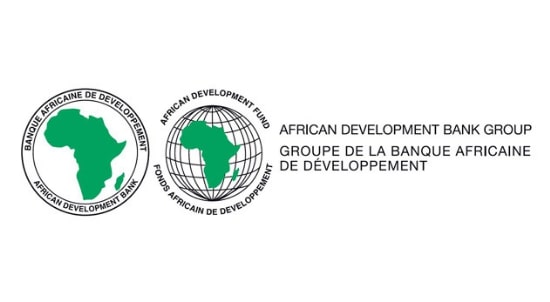
16 January 2025
The African Development Bank (“AfDB”), rated Aaa (Moody’s) / AAA (S&P) / AAA (Fitch) / AAA (Japan Credit Rating), has launched and priced a new GBP 500 million 3-year Benchmark transaction due February 1st, 2028. The bond pays a coupon of 4.625% with a re-offer yield of 4.704% and a reoffer price of 99.778%.
African Development Bank partners with Prosper Africa and the U.S. Department of the Treasury to enhance capital flows to Africa

17 January 2025
The African Development Bank has signed a $700,000 Donor Contribution Agreement with Prosper Africa, a U.S. Presidential initiative, and the United States Department of the Treasury to develop a Credit Rating Online Data Platform to reshape how international investors assess risk in African markets. The grant will also help bolster the analytical capacity of regional member countries (RMCs) and improve their engagement with credit rating agencies.
Ambitious Climate Action Will Reap Large Dividends for Cabo Verde
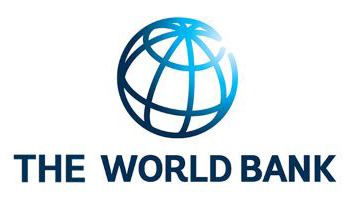
PRAIA, January 15th, 2025 – Building resilience and accelerating a low-carbon transition are central to Cabo Verde’s sustainable development strategy, according to the newly launched Country Climate and Development Report (CCDR).
African Development Bank Launches Pioneering Energy-Efficiency Project in Senegal

13 January 2025
The African Development Bank has approved an €8.51 million loan for Senegal’s "Programme to Promote Efficient Lighting Lamps" (PPLEEF), a trailblazing initiative to advance energy efficiency in the country. This marks the Bank’s first fully dedicated demand-side energy efficiency investment project, setting a new benchmark for sustainable development across Africa.
Mission 300 Africa Energy Summit to concretize efforts to connect 300 million Africans to energy by 2030

In a bold step to address Africa’s persistent energy crisis, the World Bank Group and the African Development Bank Group will convene an Africa Energy Summit on January 27-28 to advance an ambitious plan to deliver electricity to 300 million Africans by 2030.
The African Union adopts ten-year strategy and action plan to transform Africa's agri-food systems and ensure food security
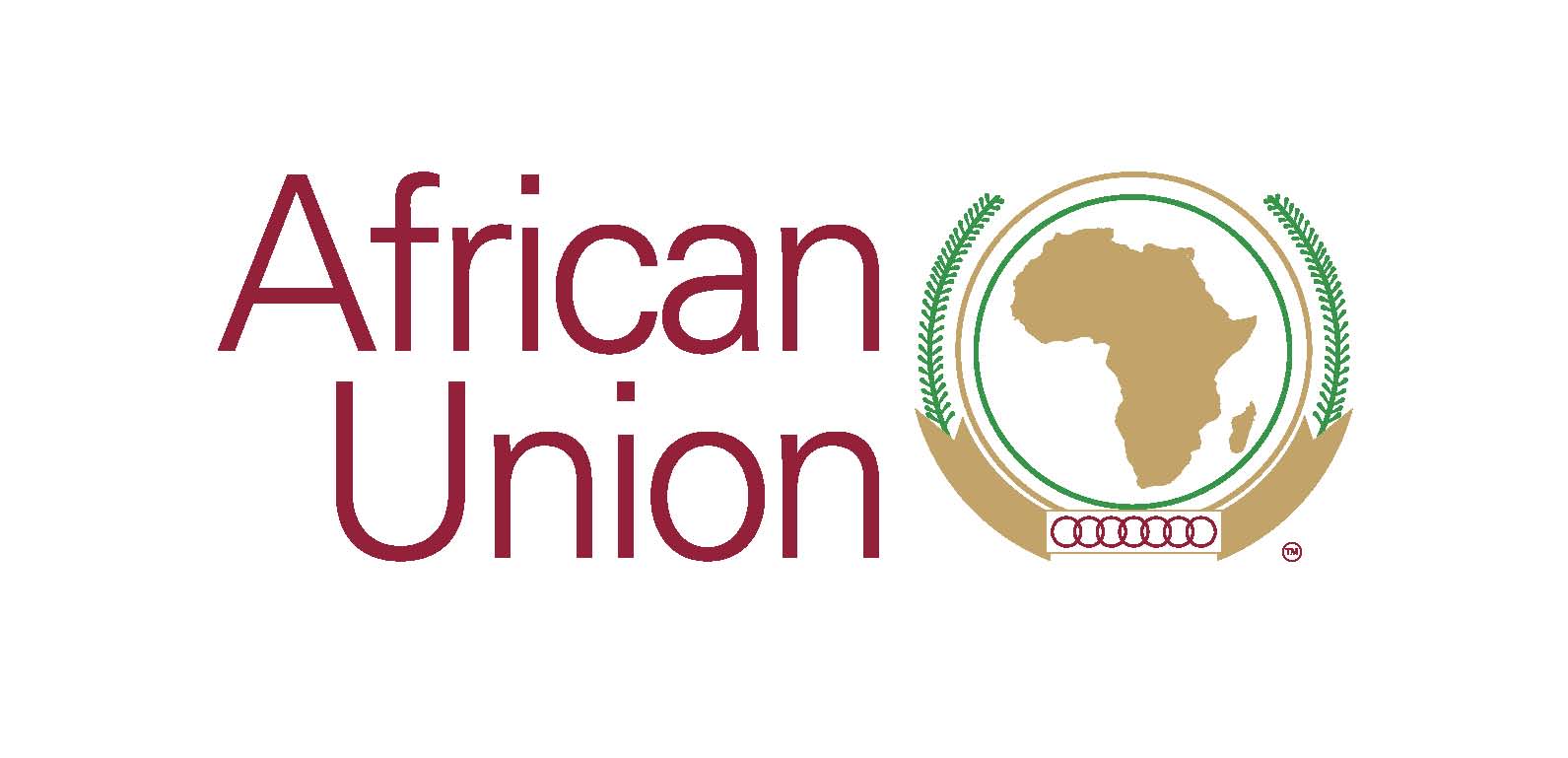
13 January 2025
The African Union (AU), has adopted a new agricultural development strategy that will see the continent increase its agrifood output by 45 per cent by 2035 and transform its agri-food systems as part of its new plan to become food secure in a decade.
Côte d’Ivoire becomes EBRD shareholder
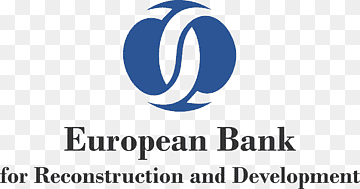
2 January 2025
- Côte d’Ivoire has become the EBRD’s 76th shareholder
- Côte d’Ivoire has expressed interest in applying for recipient country status
- In 2023 the EBRD’s Board of Governors approved a limited and incremental expansion to sub-Saharan Africa and Iraq
Tunisia: African Development Bank grants a loan of over €80 million to upgrade road infrastructure in seven of the country’s governorates

6 January 2025
The African Development Bank has granted Tunisia a loan of €80.16 million to implement the next phase of the country’s road improvement scheme.
Africa’s debt burden eroding funds for sustainable development in LDCs

Africa’s rising debt burden is eroding funding for sustainable development in the Least Developed Countries (LDCs), impacting heavily on health and education, says Ms. Oyebanke Abejirin, Economic Affairs Officer, at the Macroeconomics, Finance & Governance Division of the UN Economic Commission for Africa.
Extraordinary Summit on the Post Malabo Comprehensive Africa Agriculture Development Programme (CAADP)
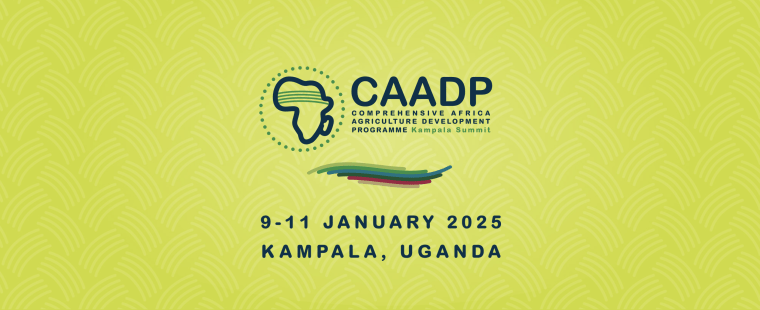
What: The African Union Commission is organizing the Extraordinary Summit on the Post Malabo Comprehensive Africa Agriculture Development Programme (CAADP). The Extraordinary Summit will be hosted by the Government of Uganda.
When: 09 –11 January 2025
Where: Kampala, Uganda- Speke Resort Conference Centre.
Organizers: The event is organized jointly by the African Union Commission, Department of Agriculture Rural Development Blue Economy and Sustainable Environment (DARBE) and African Union Development Agency- New Partnership African Development (AUDA-NEPAD)




